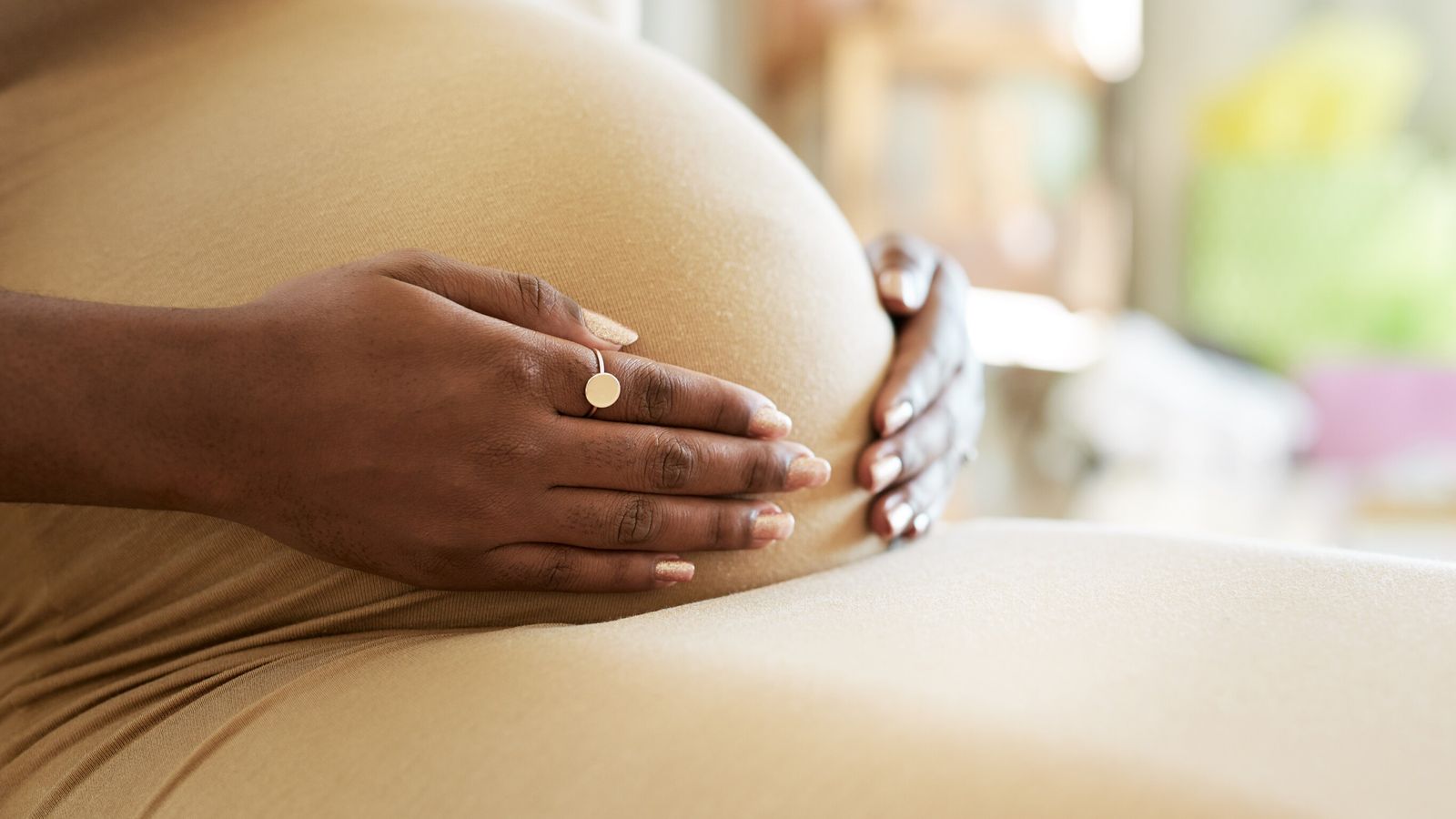Racism plays a ‘key part’ in maternity health disparities, MPs say

The government has “underestimated” role of racism in maternity services, say MPs.
The measures the government has put in place to address the disparity in maternal deaths are “necessary but insufficient”, according to the Women and Equalities Committee.
Black women are almost four times more likely to die in pregnancy, childbirth and the period afterwards than white women, and maternal deaths in deprived areas are also on the rise.
However, despite the government’s commitment to set up a task force to address the issue last year, the committee said it is “concerned” that the government and the NHS leadership have “underestimated the extent to which racism plays a part”.
“We are also afraid the government and NHS have not fully grasped that racism has played a key part in the complex reasons underlying the disparities, and that eradicating it is part of the solution,” said Caroline Nokes, Conservative MP and chair of the Women and Equalities Committee.
She added that one of their “biggest concerns is staffing shortages in maternity care. We need to see a sustained uplift in funding to bolster a workforce that has been stretched to its limits”.
The Women and Equalities Committee said maternity health disparities have only been addressed thanks to the “tireless work” of campaigners.
It was referring to women like Sandra Igwe, founder and CEO of The Motherhood Group, a social enterprise that supports the Black maternal experience.
When Sandra found out she was pregnant for the first time seven years ago, she said she was nervous, but excited – assuming she would have the support of experts on hand that would help her through her pregnancy and labour.
Advertisement
She was wrong.
“I was very shocked… I was sent home five times, I was dismissed. I was ignored. My basic human rights, I don’t believe, were met. I felt like I was a pain or a nuisance.
“It felt quite dehumanising at the time, and I was so upset,” Sandra told Sky News.
Read more:
At least 196,000 hospital appointments and ops cancelled due to junior doctors’ strike
Patients waited up to two-and-a-half days for ambulances – and 40 hours to get into A&E
NHS leader warns escalation of action would ‘endanger patient safety’
‘I feel blessed… but other black women don’t have the same outcomes’
Sandra says she felt obligated to share her experiences with other women, and quickly learnt many that looked like her, had similar stories to share.
“I feel extremely blessed to be alive. I feel very, very blessed for my kids to be healthy.”
As she points out that “so many other black women don’t have outcomes like I did”.
Sandra has now been campaigning for seven years to address disparities, but says she has seen “very little change”.
She agrees with the findings of the report, and says all too often those in power claim racism doesn’t even exist.
“It exists, and it’s alive, unfortunately, and it’s affecting and killing black women on a day-to-day basis, and our children as well,” she said.
The committee is calling on the NHS to prioritise capturing ethnicity data and reduce delays in data delivery.
It also asks the government to make ensuring black women are better represented in maternal health research a focus of the Maternity Disparities Taskforce.
A Department of Health and Social Care spokesperson said: “While the NHS is already one of the safest places to give birth in the world, we are absolutely clear that we must ensure maternity care is of the same high standard, regardless of race.
“We’ve invested £165 million since 2021 to grow the maternity workforce and are promoting careers in midwifery with an extra 3,650 training places per year, while every local NHS maternity system has a plan in place to tackle disparities on a local level.
“The Maternity Disparities Taskforce – a collective of mothers, clinicians and key organisations – is being chaired today by Minister Maria Caulfield to focus on how we can eradicate disparities and improve maternity outcomes for all mothers.”

